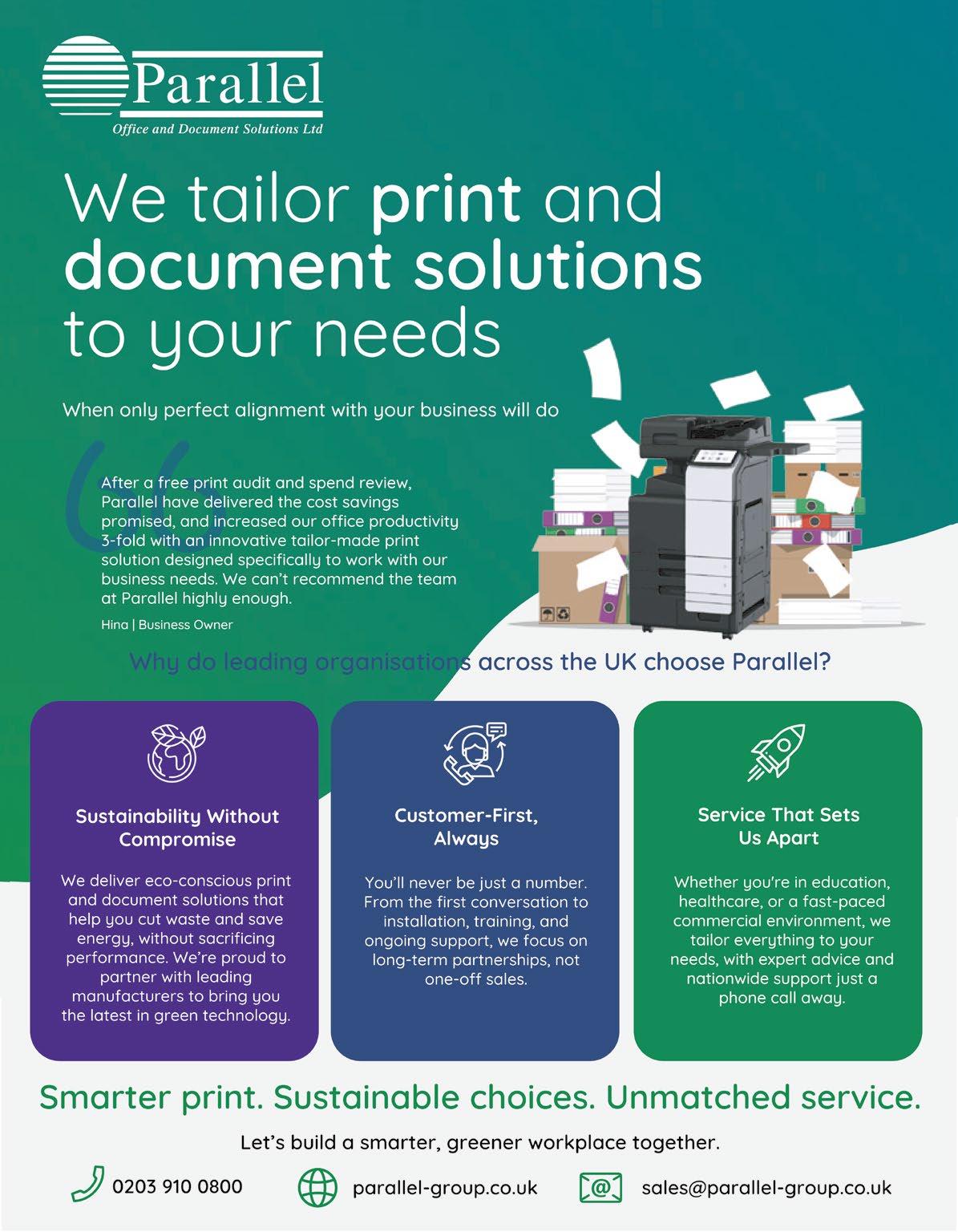
2 minute read
Legal Property Experts

RENTCHARGES: WHAT BUYERS AND SELLERS NEED TO KNOW ABOUT THEM
What is a rentcharge?
A rentcharge is an annual or periodic payment made by the owner of a freehold property to a third party who has no other interest in the property. A rentcharge may also be referred to as “Chief Rent”. The right to receive rentcharges is often historic and goes on indefinitely unless the charge is redeemed. These historic rentcharges usually involve small sums. The creation of newer rentcharges is restricted by statute, but it is still possible to create estate rentcharges – e.g. to contribute to the cost of estate services or repairs. The enforcement rights available in the event of failure to make payment vary depending on the type of rentcharge involved – in some cases the powers of enforcement will have major and serious implications.
Risks related to rentcharges
Section 121 of the Law of Property Act 1925 used to apply to all rentcharges, and allows rentcharge holders to take possession and grant a Lease of the property if payments are 40 days in arrears, without needing prior notice or demand for payment to the homeowner or their lender. Once the Lease is granted, it will continue to exist even after the rentcharge arrears are repaid and the costs involved in securing the termination of the Lease can be very high. With a rentcharge Lease on the title, it would make the property unsaleable and unappealing for any prospective buyers or lenders.
These statutory rights no longer apply to all rentcharges, following the Leasehold and Freehold Reform Act 2024. However, estate rentcharges will still be subject to these potentially draconian statutory rights.
Buying or selling a property with a rentcharge
When buying a property with a rentcharge it is prudent to ensure that payments due are up to date. Your lender (if any) will need to know about the rentcharge, and whether or not the statutory rights under section 121 apply. If they do, the lender may not want to proceed without a Deed of Variation. It is best to make enquiries early on and see if any other properties in the estate have had a Deed of Variation approved by the rentcharge holder. If so, this will comfort lenders and buyers knowing that the rentcharge terms might be varied for the benefit of the buyer and/or their lender.
When selling a property, ensure that the rentcharge payments are up to date and consider approaching the rentcharge holder to get a Deed of Variation of the rentcharge deed so that it will meet the requirements of a buyer/lender. Early identification of the existence and type of rentcharge is essential.
Conclusion
Rentcharges may sometimes be historic, but they can still complicate and affect modern-day transactions. Identifying the existence and type of rentcharge early will avoid last-minute surprises and keep the sale/ purchase moving along smoothly. If you
Multi-Currency Business Account with 8 currencies.
Multi-Currency Business Account with 8 currencies.





Assign and Manage multiple cards under one business profile Virtual Card Support Linked to your commercial accounts Spend & Holdmultiplecurrencies
*Multi-Currency Business Debit Card is only available to UK-registered entities.













